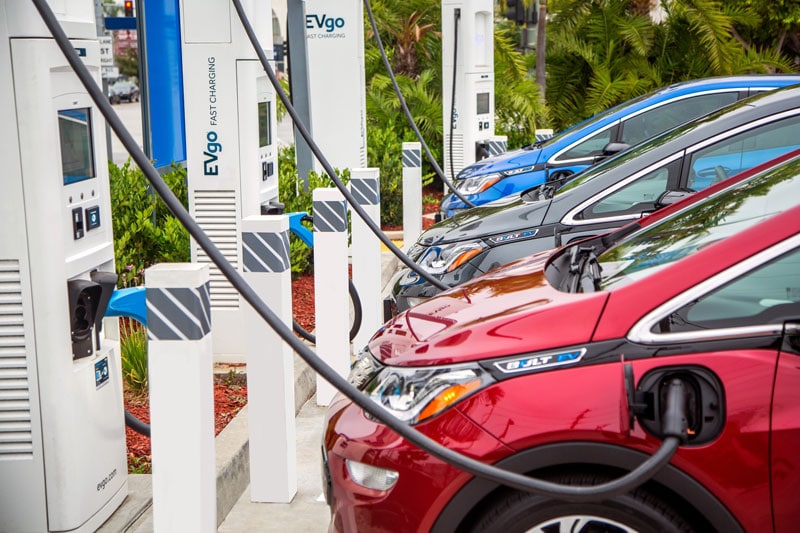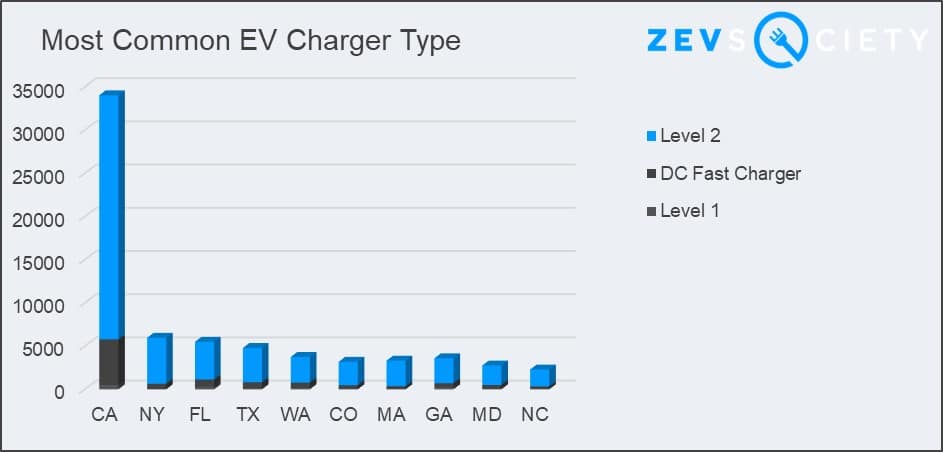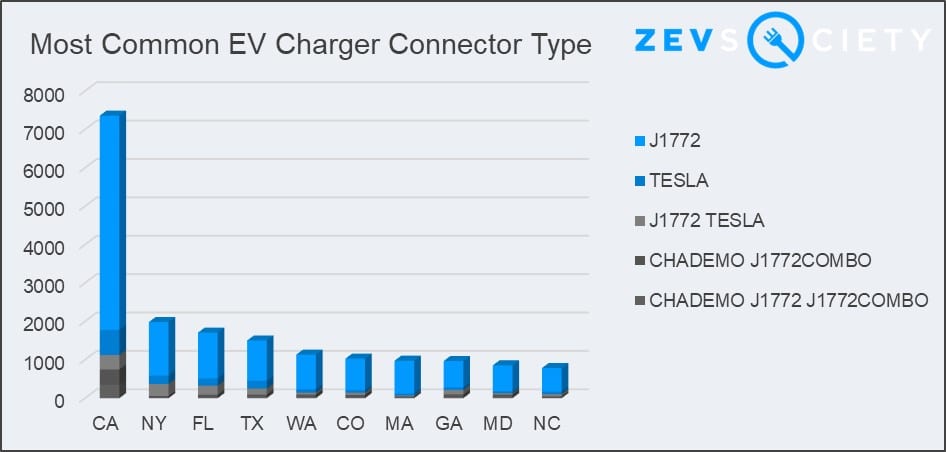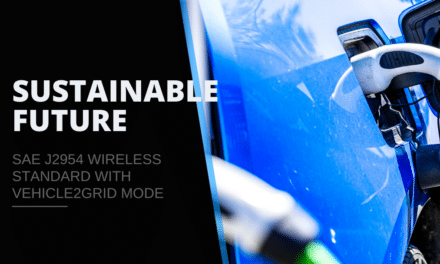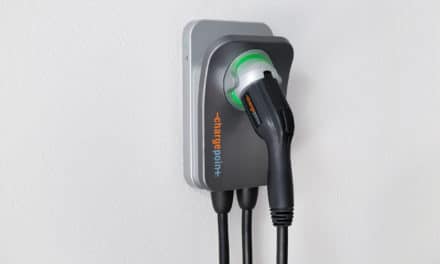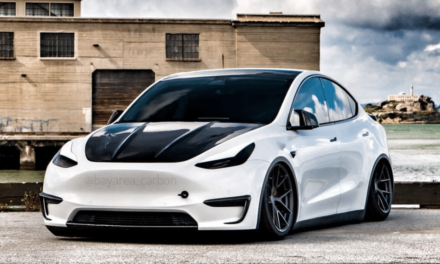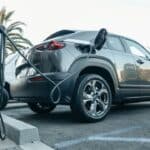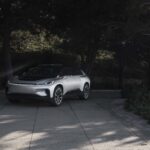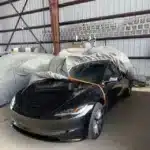This in-depth overview of the current electric vehicle charging infrastructure in the United States answers common questions potential electric vehicle purchasers face:
What are the different types of electric vehicle chargers?
What are the most common electric vehicle charger types?
What is the most common electric vehicle charger connector/plug type?
In this article, we will answer these questions individually to give you a good perspective.
Types of Electric Car Chargers
What are the different types of electric vehicle chargers?
Electric vehicle chargers currently come in three main variations, level 1, level 2, and DC fast charging.
Level 1 Charging
This charger type is conducted through 120V AC electricity which is found in standard homes. (Learn more about home EV chargers) Typically, a level 1 charger is included with the purchase of an electric vehicle. From a public infrastructure perspective, level 1 chargers are not extremely common. Level 1 chargers typically utilize the in-vehicle converter or “on board charger” that converts the AC into DC for the battery.
Customers would anticipate quicker charging when out in public which level 1 does not offer. The average time for a full charge on a level 1 charger is between 8-12 hours. Later when we go into the data of the current infrastructure you will see how uncommon level 1 charging is at public charge stations.
Level 2 Charging
This charger type is conducted through 240V AC electricity which is not standard in homes. In a home setting, this type of charger would need a 40amp dedicated circuit. When looking at the overall public infrastructure of charging stations, level 2 is the most common charging station.
Level 2 chargers also typically utilize the in-vehicle on board charger to convert the electricity from AC to DC. The popularity of this charger type comes from its compatibility with all-electric vehicles. Level 2 charging cuts overall charge time in half from level 1, 4-6 hours. Level 2 is still not the fastest charging available, but due to its compatibility, it is frequently available. Expect to see level 2 charging at the majority of charge stations.
DC Fast Charging
This charger type is conducted through 480V DC electricity which is not standard in homes. When looking at the public infrastructure perspective, DC fast charging is starting to gain popularity and is the second most common charger type. DC fast chargers utilize a converter within the charger itself making it capable of putting DC power directly into the vehicle’s battery. Skipping the conversion process coupled with higher electricity ratings allows for a much faster charge. Customers charging in a public setting would prefer this charging due to its speed. A fast charger can charge a vehicle 0-80% in 30 minutes on average. Some vehicles are not compatible with DC fast chargers, we anticipate that to go away with future EV models.
This chart shows the top ten electric charging infrastructures by state and their most frequent charger level utilization.
Infrastructure overview
What are the most common electric vehicle charger types?
When looking at the United States Infrastructure landscape, we can see the frequency of chargers being used. We dove into the top ten states volume of electric charging stations and can depict a picture of the electric charging infrastructure.
As mentioned earlier, Level 2 charging is the most common public charging type available by far, DC fast charging is a distant second, and level 1 is nearly non-existent. California’s charging infrastructure is nearly 5 times larger than New York, which has the 2nd largest infrastructure by volume of chargers and stations. California alone has over 28 thousand chargers in place or planned for the near future in their 7,000 stations. 75% of those stations offer level 2 charging.
The smallest electric vehicle infrastructure by state is Alaska, with only 48 chargers in total. When comparing the overall charging stations to the most frequent connector type, we can estimate that there are 4-6 chargers available per station on average.
Connector Overview
What is the most common electric vehicle charger connector/plug type?
When looking at the same top ten states data and comparing the electric vehicle station connector types, you see that the SAE J1772 is utilized most frequently. The frequency of use of the J1772 is again due to the compatibility with nearly all-electric vehicles, one exception being a Tesla, which requires an adapter to fit.
J1772 connectors equal over 75% of charge station plugs, with the second most frequent being a Tesla plug at about 9%. The most common utilization of connector types at each station were all J1772, all Tesla, combination of Tesla and J1772, a combination of CHAdeMO and J1772 Combo, and a combination of CHAdeMO, J1772 and J1772 Combo.
For DC fast charging, the connector type must be a J1772 Combo, CHAdeMO, or Tesla Supercharger.
This chart shows the top ten electric charging infrastructures by state and their most frequent charger level utilization.
Charger Type:
Level 2
Connector Type:
SAE J1772

Charger Type:
DC Fast Charging
Connector Type:
CHAdeMO

Charger Type: DC Fast Charging
Connector Type: SAE J1772 Combo CCS

Summary
The most common charger level an electric car driver will come across is level 2, and the most frequent connector type will be a J1772. DC fast charging is gaining popularity due to its ability to quickly charge a vehicle by providing direct DC charging to the battery. For adoption to take place we believe DC fast charging will be critical to the infrastructure landscape.
The largest electric vehicle infrastructure is in California with over 7,000 stations planned or in place as of November 2020. Total connector plugs available to drivers in California would come in at about 28k. This allows us to estimate roughly 4-6 chargers per station.
What are the different types of electric vehicle chargers? Level 1, Level 2, DC Fast Charging
What are the most common electric vehicle charger types? Level 2
What is the most common electric vehicle charger connector / plug type? J1772

